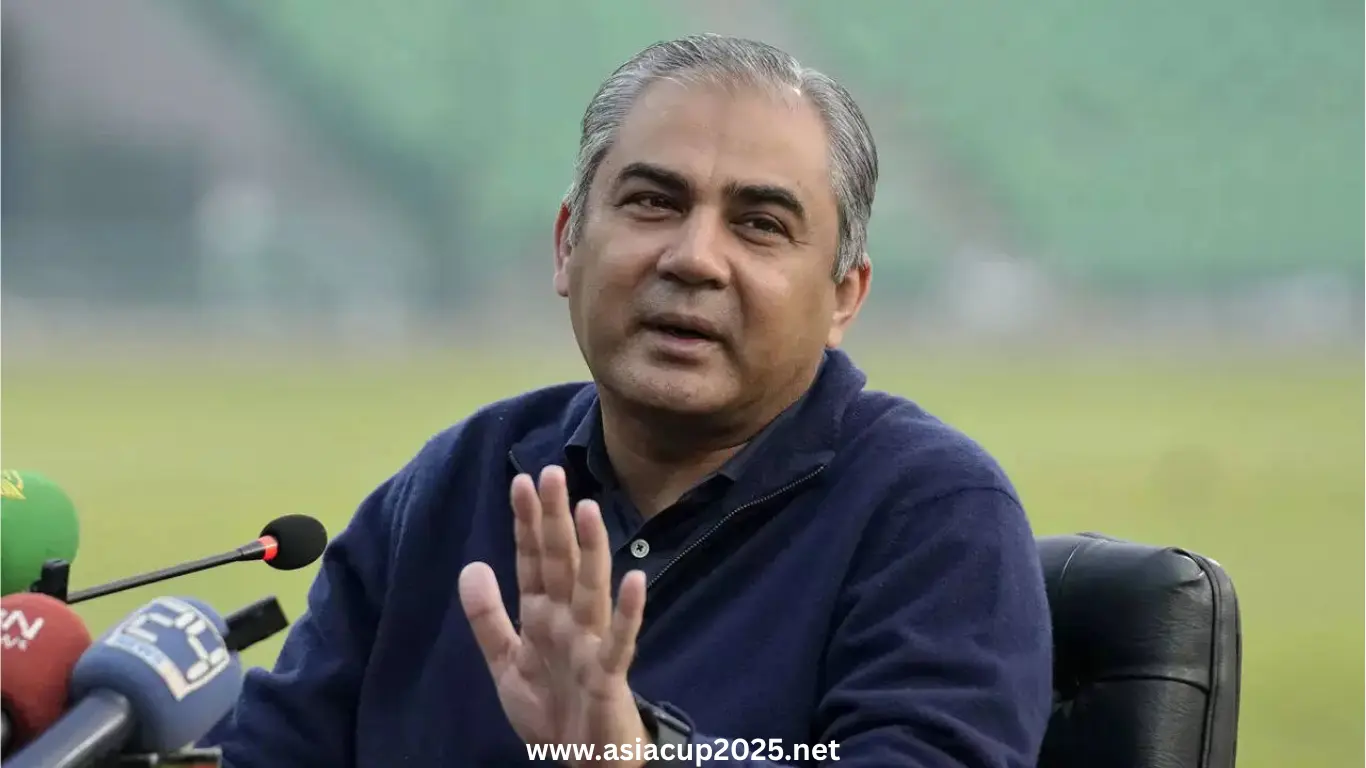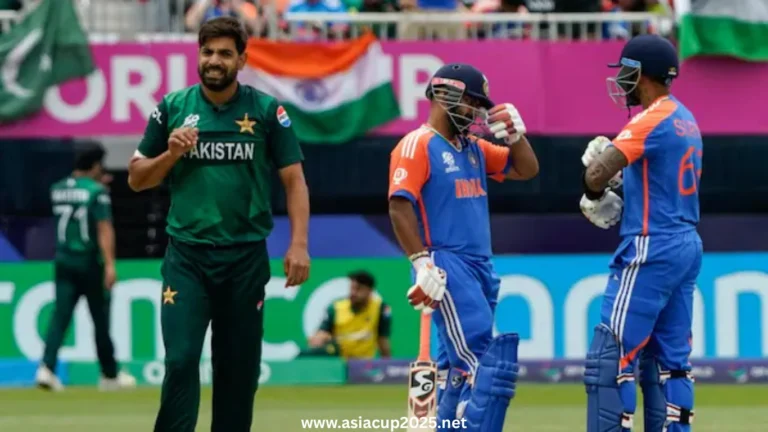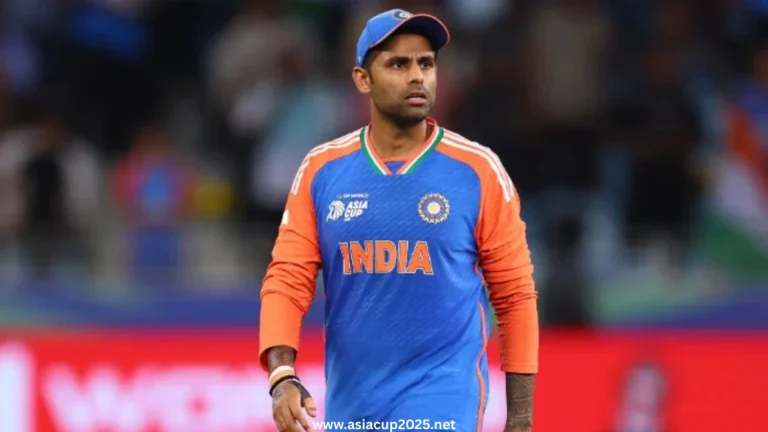
The build-up to the Asia Cup 2025 has encountered a major hurdle as key Asian cricketing nations—India, Sri Lanka, and Afghanistan—have reportedly formed a unified front to boycott the upcoming Asian Cricket Council (ACC) meeting in Dhaka, Bangladesh, scheduled for July 24.
This development marks a serious escalation in the regional cricketing dynamics, potentially delaying critical decisions surrounding Asia Cup 2025 venues, logistics, and India’s participation.
BCCI’s Firm Stance and Growing Support
The Board of Control for Cricket in India (BCCI) had already signaled its discomfort with Dhaka as the host city for the crucial ACC meeting. Citing security concerns and political tensions in Bangladesh, a senior ACC official stated:
“BCCI has made its position clear. If the meeting happens in Dhaka, we will not attend it.”
That statement, once viewed as a diplomatic signal, now appears to have galvanized broader resistance. As per recent internal updates, Sri Lanka Cricket (SLC) and the Afghanistan Cricket Board (ACB) have joined hands with India in opposing the Dhaka venue, increasing the pressure on the ACC Secretariat.
ACC’s Quorum Now Under Threat
The absence of three full member boards—India, Sri Lanka, and Afghanistan—could potentially break the quorum required to hold a valid ACC Annual General Meeting (AGM). This would effectively stall all administrative decisions, including:
- Confirmation of the Asia Cup 2025 venue
- Official finalization of India’s participation
- Discussion around neutral venues or format alterations
- Commercial, sponsorship, and broadcasting agreements
This alliance, which now constitutes the largest voting bloc within the ACC, has created a governance deadlock that could derail the Asia Cup 2025 altogether.
Pakistan Cricket Board (PCB) in a Tight Spot
The Pakistan Cricket Board (PCB)—who were expecting to finalize the Asia Cup structure and secure hosting clarity—now finds itself isolated. With India refusing to play in Pakistan and other member boards withdrawing support for Dhaka, the PCB’s preferred course of action is quickly losing legitimacy.
Insiders say PCB officials are “deeply frustrated” by the lack of consensus, especially given the event’s commercial stakes. The board had reportedly projected revenue worth USD 25.9 million from ICC events this year—much of which is contingent upon the Asia Cup proceeding smoothly.
Political Undertones and Strategic Realignments
This ACC standoff reveals the political complexities behind cricket administration in Asia. India’s stance, supported by traditional allies like Sri Lanka, reflects a strategic move to realign regional cricket diplomacy and possibly shift power dynamics within the ACC.
With Afghanistan also backing India, the equation becomes even more layered, as Afghanistan has historically tried to balance relations with both India and Pakistan.
What Happens Next?
If the meeting is moved to Dubai or a mutually acceptable neutral venue, participation could resume and the tournament planning could proceed. However, if the ACC insists on holding the meeting in Dhaka, the Asia Cup 2025 may face indefinite delays, or even a change in hosting rights.
For now, the silence from ACC President Jay Shah and PCB Chairman Mohsin Naqvi is telling. Cricket fans, sponsors, and broadcasters await an official resolution as the clock ticks down toward the scheduled Asia Cup window.
Conclusion
The Asia Cup 2025, already shadowed by geopolitical tension and logistical complexity, is at a crossroads. The boycott by India, Sri Lanka, and Afghanistan is no longer a theoretical threat—it’s a real-time disruption to the governance of Asian cricket. With the meeting days away, all eyes remain on whether the ACC can pivot in time to salvage the tournament.






